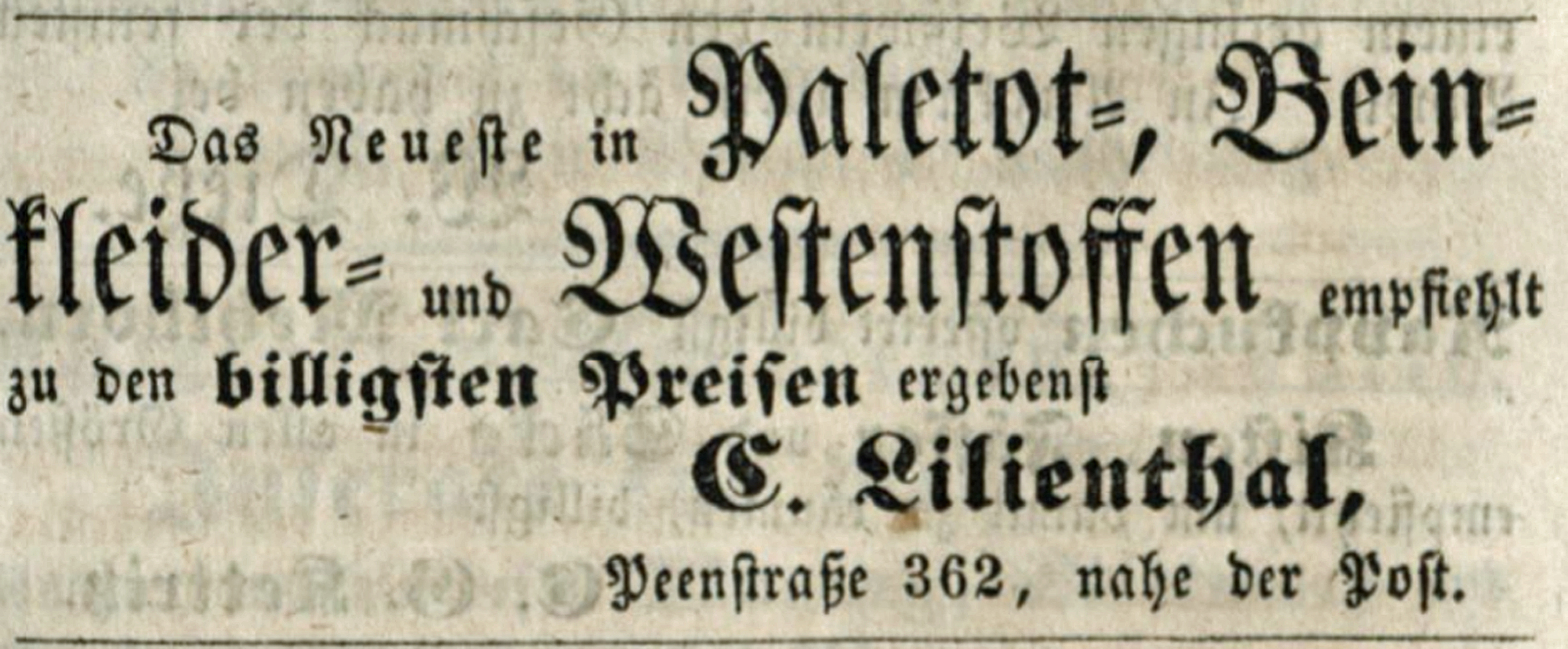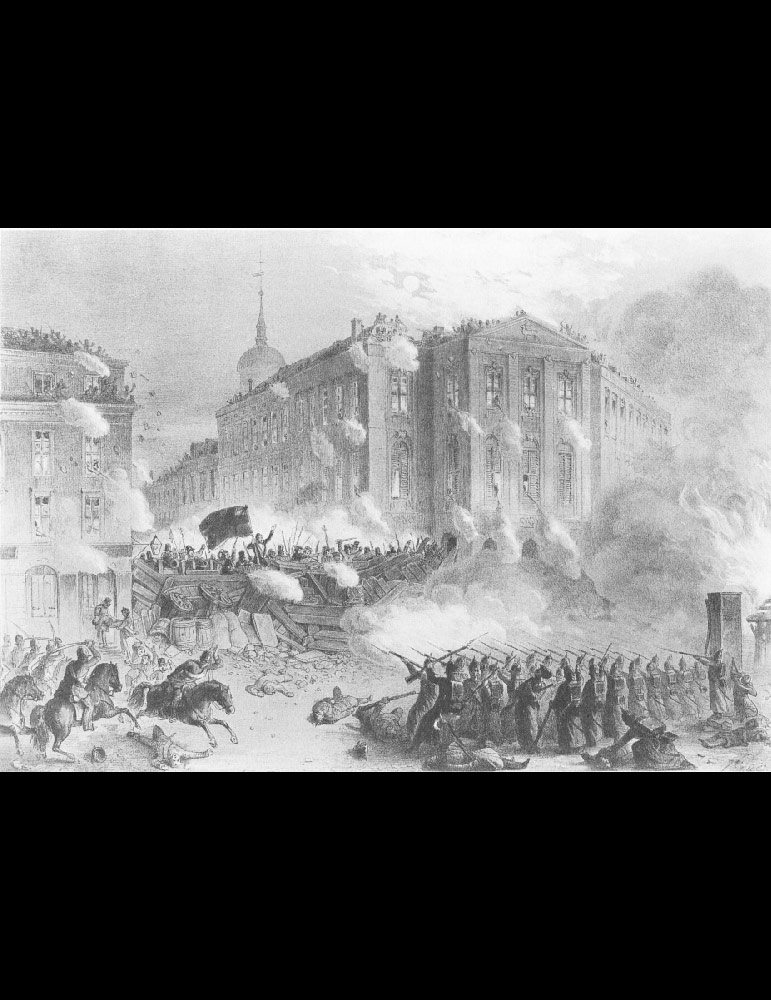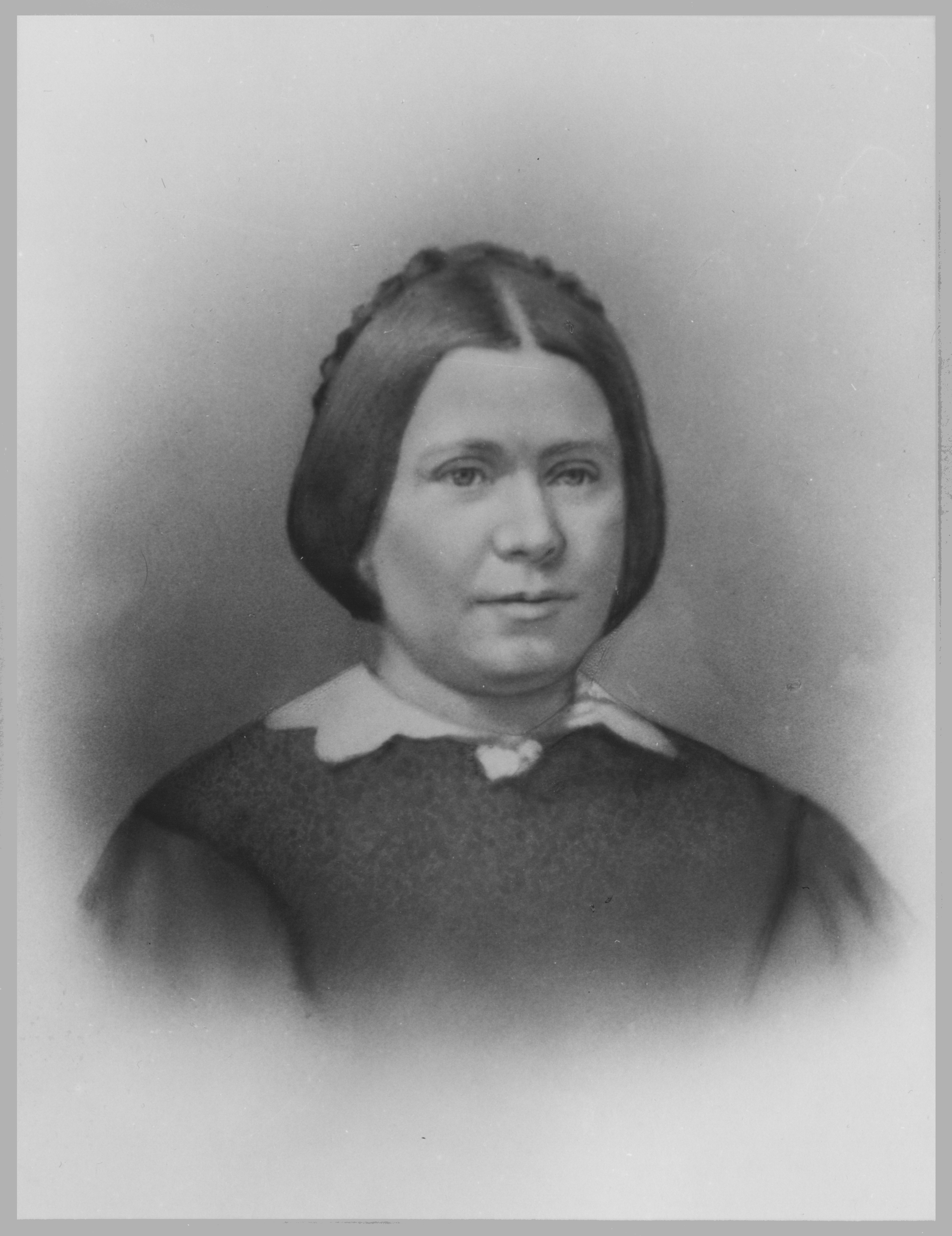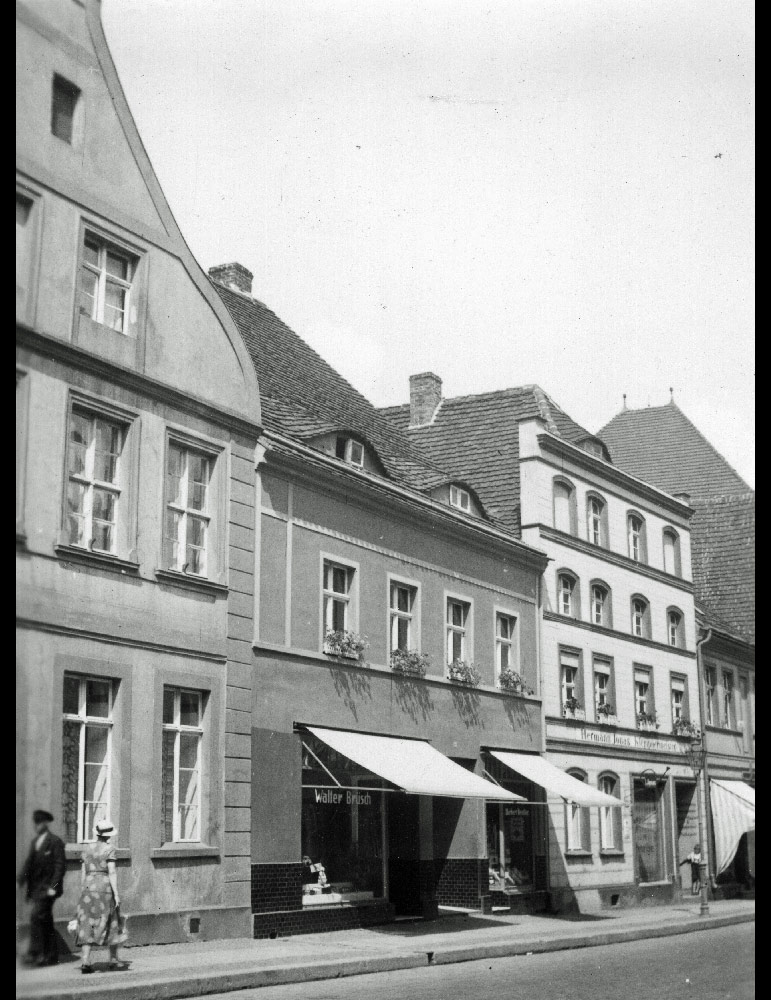
Karl Friedrich Gustav Lilienthal
A cloth merchant from Anklam
The heyday of the Hanseatic League was long gone when Gustav Lilienthal Senior arrived in Anklam. In Pomerania mass unemployment reigned and in 1847 Anklam experienced a year of famine. Lilienthal moved from Stralsund to the river Peene in 1845 to set up a cloth shop in Anklam. He had completed his apprenticeship as a merchant at his father’s request and not out of passion. He was more interested in technology and mathematics, besides he was not very successful as a cloth merchant. The economic conditions were also not favourable.
News of the March uprising in Berlin in 1848 politicised Gustav Lilienthal. Committed to equal rights for all people, he joined the liberal "Constitutional Club" in Anklam. With like-minded people, he discussed topics such as freedom of press and assembly, universal suffrage, and a national parliament. Lilienthal also expected an economic upswing from the political changes. However, the Prussian king rejected a constitutional monarchy, and revolution was followed by reaction. Gustav's political commitment had economic consequences: In 1854 he filed for bankruptcy and the Lilienthal family decided to emigrate to America. But on 8 April 1861, Gustav died of tuberculosis.
The barricade uprisings in Berlin in 1848 were a high point of the bourgeois-democratic revolution.
Caroline Pohle, the mother of the Lilienthal brothers (1825-1872) in 1846, a year before her wedding with the merchant Gustav Lilienthal (1817-1861).
The residential house of the Lilienthal family, after they had to give up their former residential and business premises next to the St. Nicholas Church. It is well preserved to this day.


